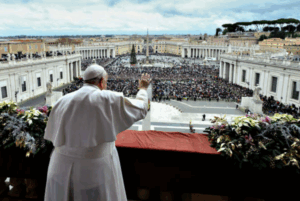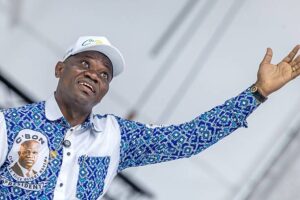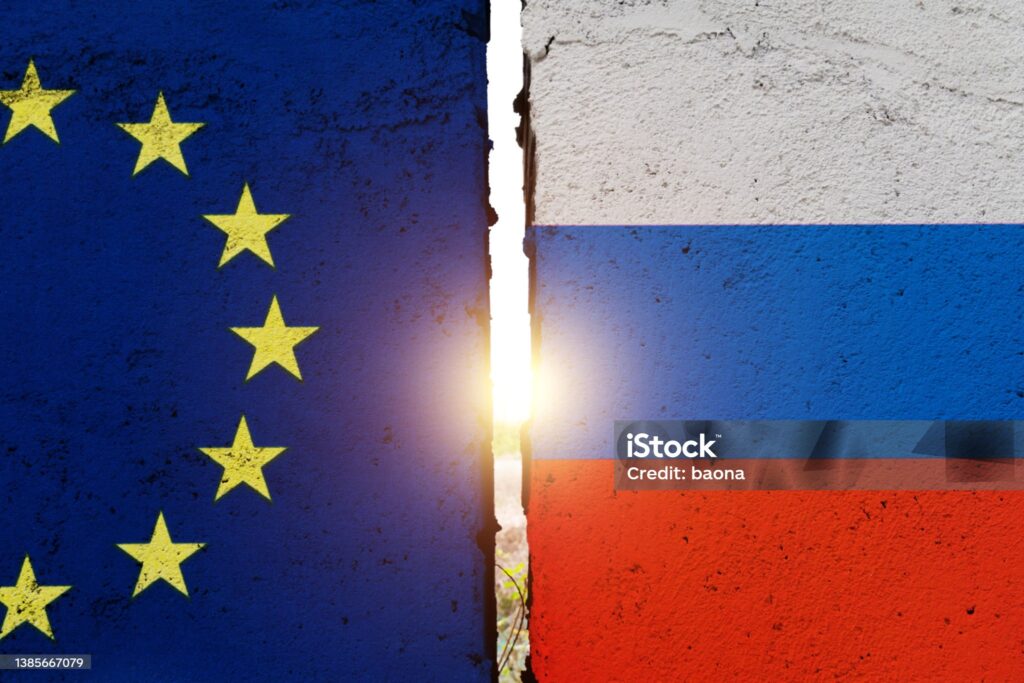A complicated relationship with Europe
Georgia, which became independent after the fall of the USSR in 1991 has since turned its attention towards Europe. Their close ties, gradually built, enhance the democratization and progressive political, economic and social openness. However, Georgian citizens were disappointed with the outcome of the Pinks Revolution of 2003 led by former Georgian president Mikheïl Saakachvili. Even if significant changes were done in terms of economic performance and national security, Georgia did not end up joining the European Union.
Georgia officially submitted its application to be part of the European Union on March 3rd 2022, the same day as Moldavia, as a result of the war in Ukraine. Vladimir Putin’s invasion of Ukraine in February 2022 pushed its neighbors to reassess their alliance options. The country has the status of candidate since December 2023, but several obstacles still hinder Georgia’s integration to the European Union.
A territory under Russian influence
Even after the USSR’s implosion, Russian culture and heritage still have a strong grip on its former Soviet republic. The multiplication of Stalin’s busts since the pro-Russian party Georgian Dream came into power in 2012 only testifies the influence of Russia in the region. For several years now, and especially since 2012, Russia has been working hard to prevent Georgia from moving closer to the European Union and the occidental influence. Indeed, the authoritarian and pro-Russian Georgia Dream party has multiplied freedom-destroying laws, some directly taken from the Russian model.
To learn more about the Georgian Dream’s pro-Russian policies click on this link: /https://www.csactu.fr/georgie-un-pas-vers-loccident-deux-vers-la-russie/
An important election with controversial results
On October 26 2024, the Georgian Dream party was announced winner of the election with 54,08% of the votes, a victory which, according to international observers, cast doubt on the freedom of the ballot. “Pressures”, “interferences” and “incidents” were highlighted by some of the 529 observers sent by the Organization for Security and Co-operation in Europe. The pro-european party denounced a falsification of the ballots and pressures of the Georgian Dream party on the citizens. They refused to recognise the results. The Georgian president Salomé Zourabichvili, in opposition with the pro-Russian governement formed by the Georgian Dream party joined the international observers’ denunciations and called for the election’s results to be contested.
With this victory of the pro-Russian Georgia Dream party, citizens’ hopes of joining the European Union are fading away. On the contrary, the leader of the Gerogian Dream party, the billionaire Bidzina Ivanichvili, will move the country away from the European Union and reinforce Russia’s influence on the territory for at least the next four years. Nicknamed « the man who bought himself a country », Bidzina Ivanichvili leads his party from the shadows as a rich, powerful and anti-occidental autocrat.
A strong opposition in the streets
On October 28 2024, people gathered in the streets in front of the Parliament in Tbilissi to denounce a « stolen election » follwing the call for protest of the political opposition. According to Salomé Ivanichvili, interviewed by AFP’s journalists just before the public protest, Russia is behind the falsification of the ballot.
Viktor Orban, whose country is in charge of the rotating European Union presidency soon congratulated the Gerogian Dream party for its victory and arrived on Monday, October 28 in Tbilissi. As a response to this provocative behaviour, Josep Borell, the head of European diplomacy declared that Viktor Orban « did not represent the European Union » and asked, as well as Washington, that an investigation be carried out to determine wheter the freedom of the ballot has been respected.










